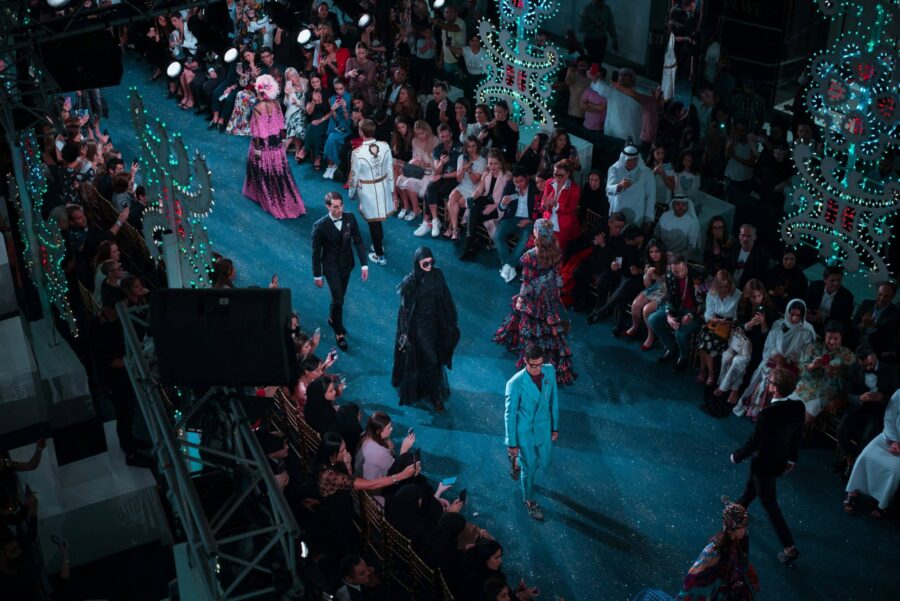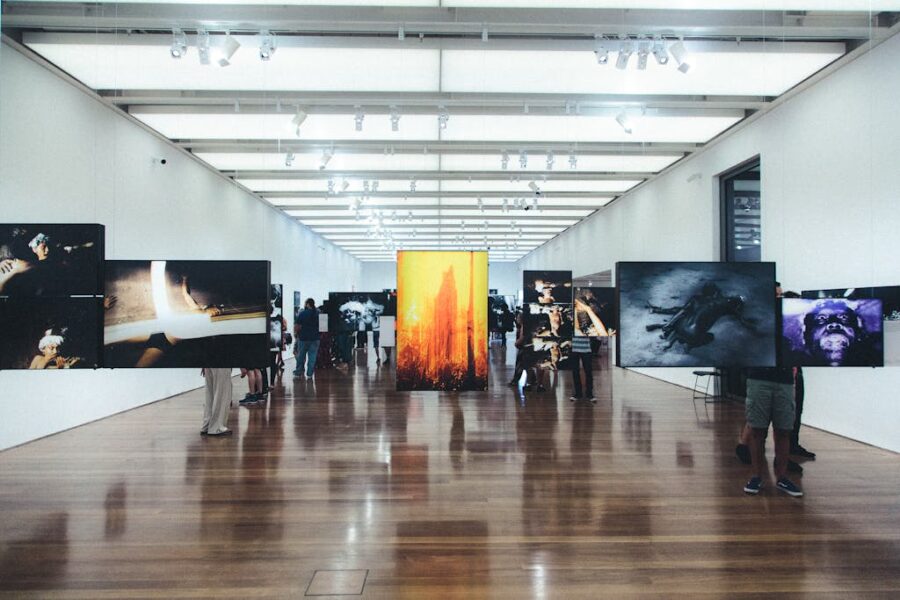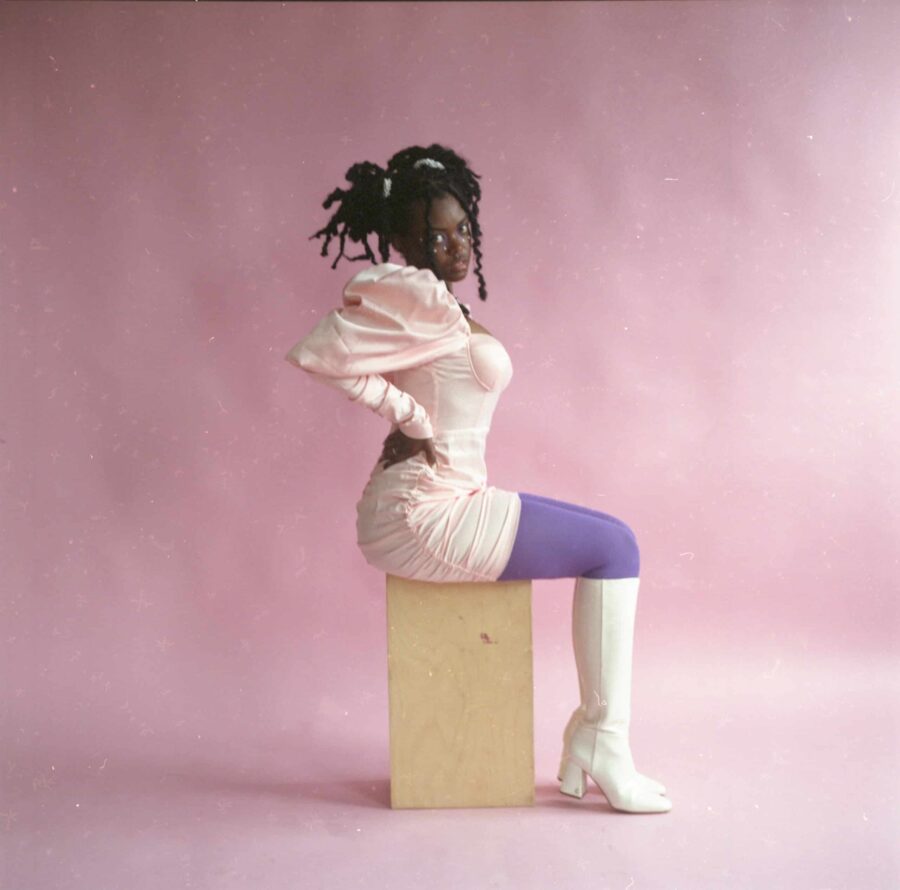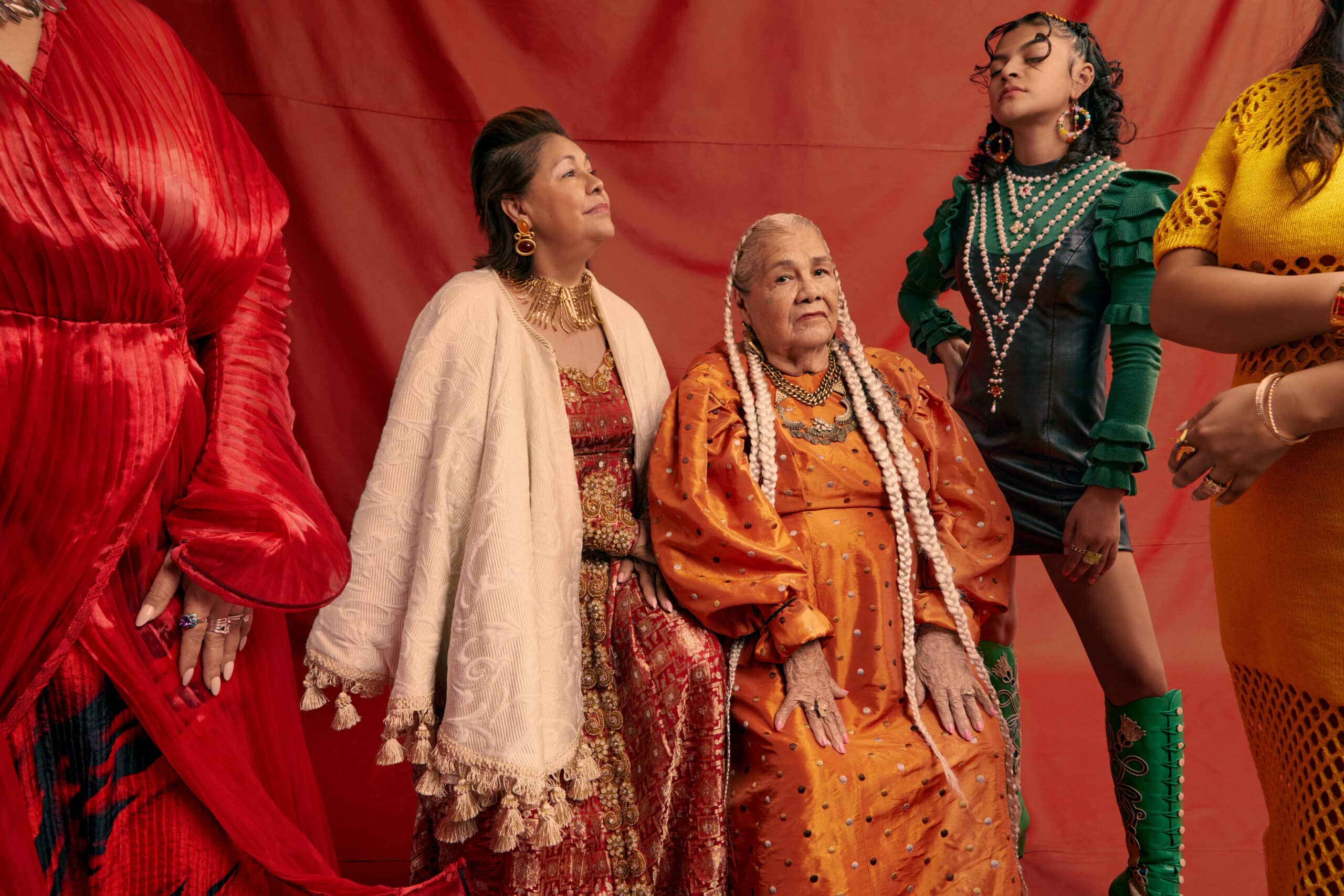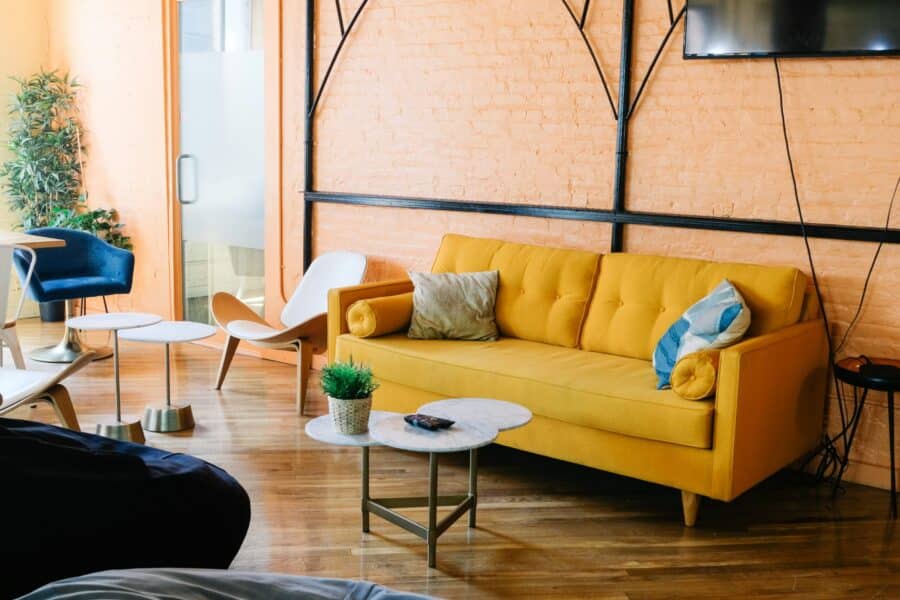The grind. The hustle. The day job. For people pursuing work in creative fields, these words evoke a sense of shame and discomfort that is often left unspoken. Anyone who’s grown up expressing interest in an artistic career is probably familiar with the frequent questioning that inevitably comes with a choice to pursue a creative job: “How are you going to make money doing that?”
Though it’s true that finding a lifelong career in a creative field can be a difficult journey, erasure of joy from one’s working life does not equate stability or security either. Freelancing is a risk, but because of this gig economy we live in it is becoming even more common for creative workers . There’s no one right way to supplement one’s income, and it takes years to perfect the balance between labors of love and literal labor.
Without generational wealth or a “sensible” (i.e. business) degree, millennials in creative fields too often find that their work is difficult to put a price on. Supporting yourself without becoming dispassionate is admirable, so why do we lie to one another to make it look effortless? That’s where the problem lies: no one wants to talk about their day jobs.
I interviewed four creators whose career experiences have varied drastically. Their candid narratives work to undo the guilt we collectively feel about supplemental income, and shine some light on the many different ways people can make creative careers work.
Mamie Stevenson is a freelance editor and writer who is also “economizing on a skill set [she] obtained at age fifteen” in a restaurant setting. She’s been working toward a career as a writer for four years without the possibility of full-time employment in sight. She continues to supplement the income from her freelancing by working the same job she had a sophomore in high school, despite having earned a college degree and “prolific portfolio” in the meantime.
T.S. Leonard is a writer and performer whose work explores themes of queer identity, cities, culture, and history. Leonard’s practice lies somewhere between “multidisciplinary and completely undisciplined” in his written work as well as his involvement in the band Soft Butch as their frontman and lyricist. But how does he pay the bills? Leonard works with youth at an after-school enrichment program “for a paycheck.”
Gary Gamza is a writer and co-editor of Club Soft Things in addition to working as a production baker. Club Soft Things “is a community of artists whose work explores their expressions of gender through the experiences of race, sexuality and class.”
Crystal Stratford is an art director and illustrator. Stratford freelances and interns as an art director, and in the past has worked with an agency to facilitate egg donation. Stratford warns that egg donation is no get-rich-quick scheme, rather a medical procedure that “can only be done a number of times” and comes with its own dangers.
Do you feel that there’s a stigma surrounding “creatives” who also have day jobs? Do you find that this stigma comes from full-time creatives, family, or employers?
Mamie Stevenson: Working in the service industry already comes with its fair share of stigmatization—people often assume that this kind of work is for the lazy, the uneducated, and people who lack the creativity to find a “better” and more acceptable means of income. However, this has hardly been the case throughout my service career, as most of my co-workers are creative. I have worked alongside incredibly talented musicians, artists, writers, makers, and bohemians over the course of the last thirteen years. Yet I often find at my job that I am looked at as nothing more than a pretty face with an empty head.
T.S. Leonard: Oh, absolutely. There is stigma from people all the time; those who ascribe a higher value or legitimacy to work that sells. “Oh, do you make money doing that?” That’s a constant question! “Oh, does that pay?” And the expectation is that if you’re spending time to create, it should connotate some kind of wage… Everything these days is a hustle, is a gig. We’re expected to be constantly monetizing our time and lives. When financial rewards are shaky and unpromised, you have to create your own definitions of value. It’s sort of its own artistry, the reimagining of success.
Gary Gamza: I have worked 40 hours a week for the last eight years in retail or food service, which is not even half as much as many people I know who don’t reap the benefits of my privileged accesses (white, able-bodied, thin, appearing to the untrained eye a man), and this not accounting for energy and time spent on art. If you can afford them that week. I don’t have the energy or the mental capacity on my on or off time to properly balance my health, my job, my writing, my socializing, my performing, let alone seeking out any kind of paying artistic work. Something is always in neglect… I am fully bound by the work that pays my bills, both its physical and mental tolls. They follow me home and sleep in my bed.
Crystal Stratford: I think for egg donation specifically, there is a huge stigma. Since I had done it for so long, I was able to gather a lot of different types of feedback which ranged from “Ew. I would never do that” to “Wow, that’s a really amazing thing that you’ve done for these families”… I would say that the stigma in that regard [of creative pursuits] is more self-inflicted. You might feel bad about not being able to pursue your creative work full time, and not get paid for such. I guess there could be some stigma from non-creative peers who don’t see what you’re doing as an actual job because a) you aren’t getting paid full time for your creative skills and/or b) you have another day job that is supplementing your income.
If you earn your primary income in a field unrelated to your creative pursuits, how do you balance the two? Do you actively try and find success in both fields?
M.S.: At this point, I feel very fulfilled by my work in general and the schedule I have made for myself in order to do both jobs successfully. Though I work remotely as a writer, I wake up most days in time for the conventional work day and spend three or four hours editing or writing, depending on the project. I take a short break in the afternoon, make myself lunch, walk my dog, and then put on something fabulous so that I can show people who have a lot more money than I do where they will be sitting to eat their dinner that night.
T.S.L.: In the past, I’ve had day jobs that were the most straight-up, leave-it-at-the-office Day Jobs possible: sit at a desk, drool on a keyboard, pretend to understand anything about rollover IRAs and stock portfolios. That’s hard, especially for the practice of writing. If you’ve been staring at a screen all day, it’s hard to come home and fire up a blank Word doc… at best, you might find some unlikely inspiration from the work you’re doing, in a field completely foreign to your social, daily life. Working at a law office was great for that—gave me half a mind to start moonlighting as a crime fiction novelist. Now that would be a hustle!
How do you find commissioned work (internships, social media, networking, pitching)?
T.S.L.: I don’t know, can you help me?! If I find [commissions], it’s usually through a network of friends and peers who have been in the magazine industry since college. Music is different, though, I suppose—Bandcamp and bumps from even small press zines or alt-weeklies have led to listeners and fans.
C.S.: You really have to be the driver of your boat. Networking sucks. There’s no way around it. But I’ve found that if you look for people who have done work that you are genuinely interested in then you actually begin to forge friendships centered around work that both you and that person are interested in, so it’s more natural. Once you are in a job/internship/contract, continue to work really hard so that people around you who aren’t creative notice your effort. If you do that people will be genuinely interested in you and want to help you succeed. Networking doesn’t have to be the networking we all hate. It can be forging friendships if you allow it to be that way.
Do you seek a future in which you’re able to create art full-time?
M.S.: In my dream world, I would split time between Portland and New York or somewhere else fabulous, responsible for—and only for—creating great literature about sex and drugs and rock and roll, while still working for myself and being handsomely compensated. Yet, it is clear to me now, having had both working relationships and friendships with people who run the gamut of “creative” titles, that consumerism is at the core of just about everything. Those staff writers at those big fancy websites are expected to churn out “content” on a daily basis, often at the behest of advertisers and almost never directly related to the topics that they would actually like to write about. The creative industry has no time for time, so the result is mere clickbait and a barrage of think pieces on the day’s hot button issue.
G.G.: If I want money, I have to continue working in kitchens, continue serving up my body and mind, because I have absolutely no generational wealth to catch me, no degree to speak for me, no family home to shelter me, and living is not cheap. And should I pursue “fully” my writing, my arts, I must forgo the paying shifts or steal hours from the other deeds that keep me alive and well (groceries, cooking, laundry, etc.), create something coherent that speaks over my hunger and exhaustion and constant fear of poverty, theft minutes before my shift to craft the social media promo, and pray to my highest powers someone pays for it. And I’ll still have to be at work by four. This interview cost me lunch.
The struggle of balancing artistic work and a day job is all too often a silent source of shame and stress for those in the creative industries. The pressure to maintain a well-managed image in this Instagram age of self-curation makes it all the more difficult to acknowledge. It’s easy to filter our lives, but by coming together to openly discuss the challenges of making it work as an emerging artist, we can begin to break down the stigma of supporting your art with a 9 to 5.
Shannon Edwards is a writer, curator, and public speaker based in Portland, OR. She recently wrote for the magazine about how to find your place in a new city. Find more of her work at her website.



